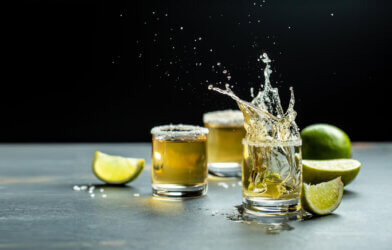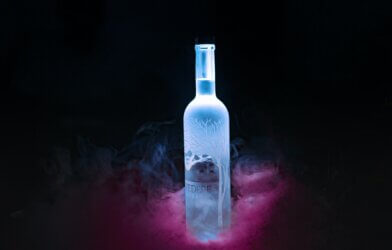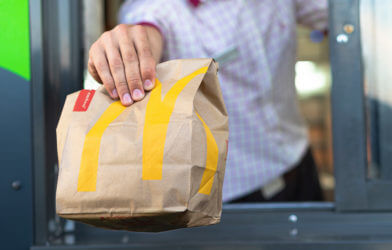ADELAIDE, Australia — Should teenagers be able to drink non-alcoholic beer? That’s a question parents are grappling with now, as researchers examine the impact of zero-alcohol beer, wine, and spirits on adolescents. This comes amidst the expanding market for alcohol-free alternatives, which have seen a significant rise in popularity and variety, creating a challenging landscape for parental guidance.
Zero-alcohol drinks, which contain less than 0.5 percent alcohol by volume, are designed to mimic the taste and appearance of traditional alcoholic beverages. While they have become a favored choice for adults seeking to reduce or eliminate alcohol from their diets, their suitability for teenagers remains a contentious issue.
“We already know that conversations around alcohol can be uncomfortable and tricky to broach, especially when it comes to teenagers,” says study author Nathan Harrison, from the National Center for Education and Training on Addiction (NCETA) at Flinders University’s College of Medicine and Public Health, in a university release.
“Now parents face the additional challenge of navigating zero-alcohol drinks that look, and taste, like the real thing.”

The findings reveal a general sentiment of uncertainty and concern among parents over whether these beverages are appropriate, beneficial, or potentially detrimental for their children.
A significant portion of parents expressed fears that offering zero-alcohol drinks to their teens might inadvertently normalize alcohol consumption, due to their close resemblance to alcoholic beverages. Some parents worry these products could serve as a “gateway” to traditional alcohol use, fostering a curiosity about or a transition to consuming alcohol-containing drinks.
“If it’s the whole ‘being cool because you’re drinking alcohol’ sort of link, it’s almost in the same realm as being harmful, you know: it’s glorifying, it’s normalizing everything about alcohol,” one parent told researchers.
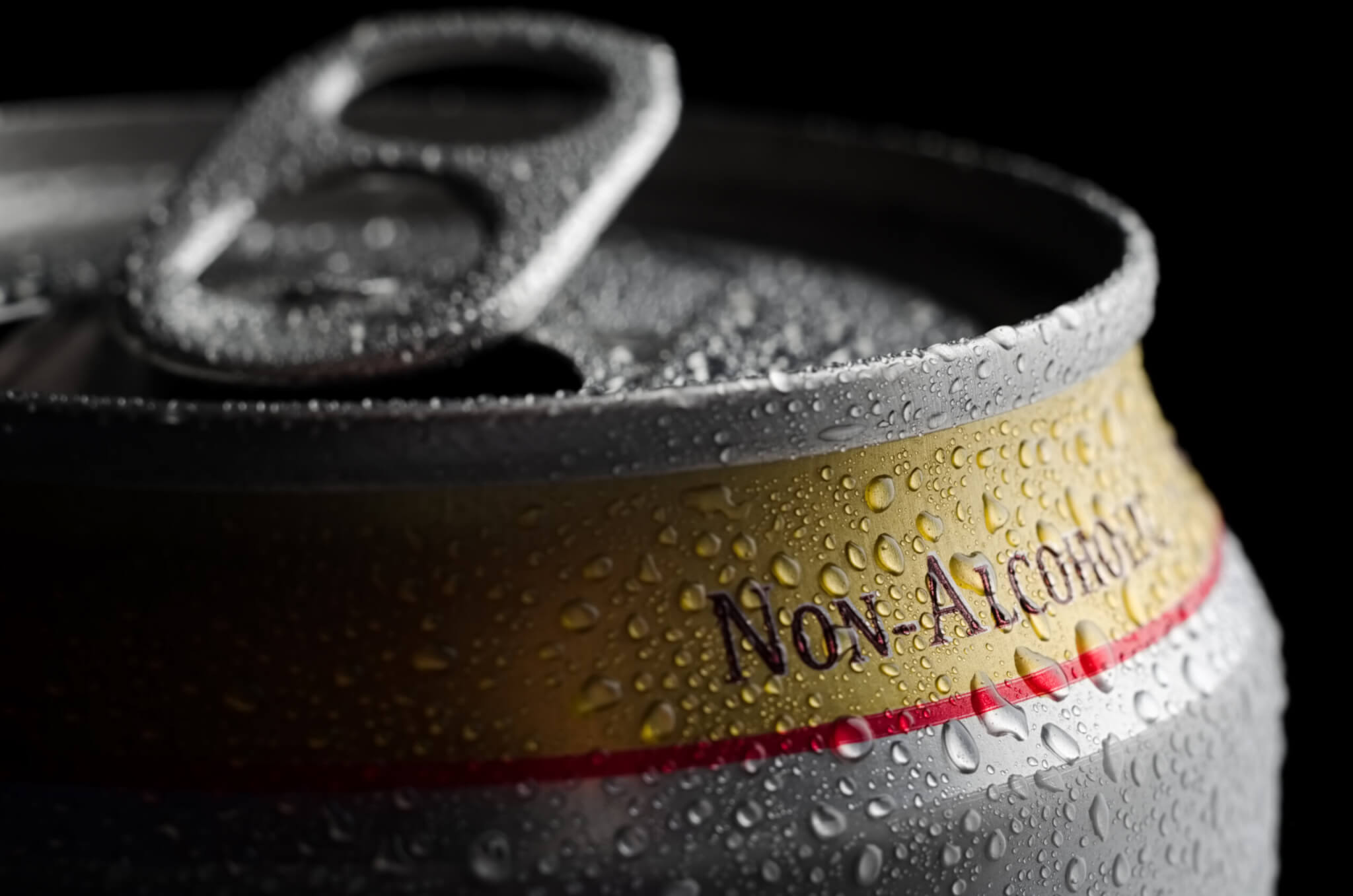
This research, which collated views from over 1,100 parents, also points to confusion regarding alcohol guidelines for adolescents, with some parents more likely to provide these non-alcoholic options to their teenagers.
Dr. Ashlea Bartram, from the College of Medicine and Public Health and who led this aspect of the study, emphasizes the importance of parental intervention in delaying the introduction of alcohol to children. Evidence suggests that postponing alcohol consumption can diminish the chances of binge drinking and other alcohol-related issues later in life. Amid these findings, experts are calling for a cautious approach.
“Research has shown that delaying the introduction of alcohol to children can reduce the likelihood of binge drinking and alcohol-related issues later in life,” notes Dr. Bartram.
“Many parents want to do what they can to minimize harms from alcohol to their children. For now, we advise a precautionary approach and recommend that parents do not provide zero-alcohol drinks to their adolescents.”
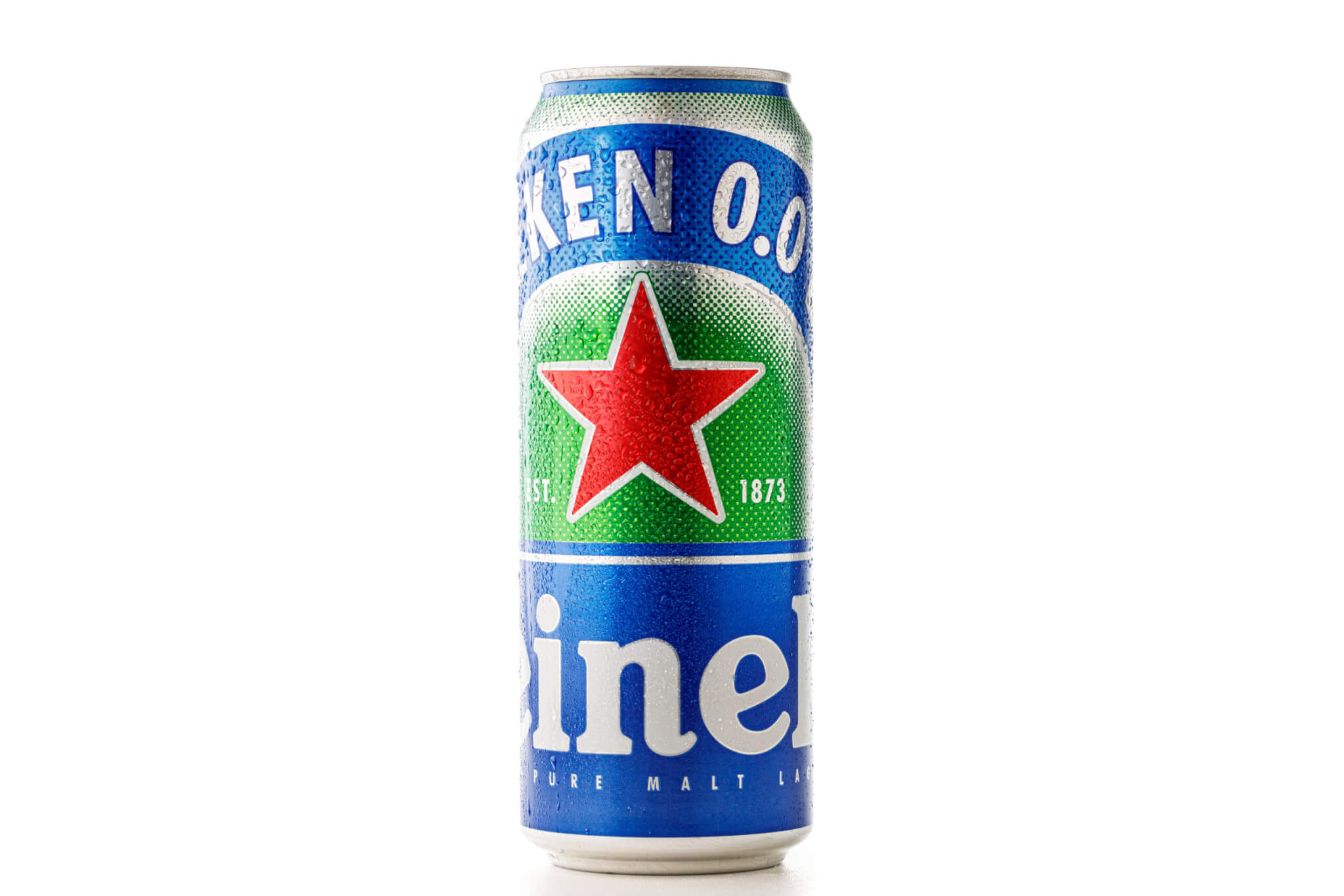
Adding to the debate, Christine Morris, prevention and advocacy manager at Cancer Council SA, criticizes the marketing strategies for zero-alcohol beverages.
“Any amount of any type of alcohol increases the risk of seven types of cancer, and it’s important to make sure that children and young people are not exposed to advertising from alcohol companies that could put them at risk of harm,” says Morris.
The research team says their study, supported by the National Health and Medical Research Council and Cancer Council SA’s Beat Cancer Project, underscores the need for clear guidelines and restrictions on the marketing and availability of zero-alcohol products to minors.
The study is published in the Australian and New Zealand Journal of Public Health.

